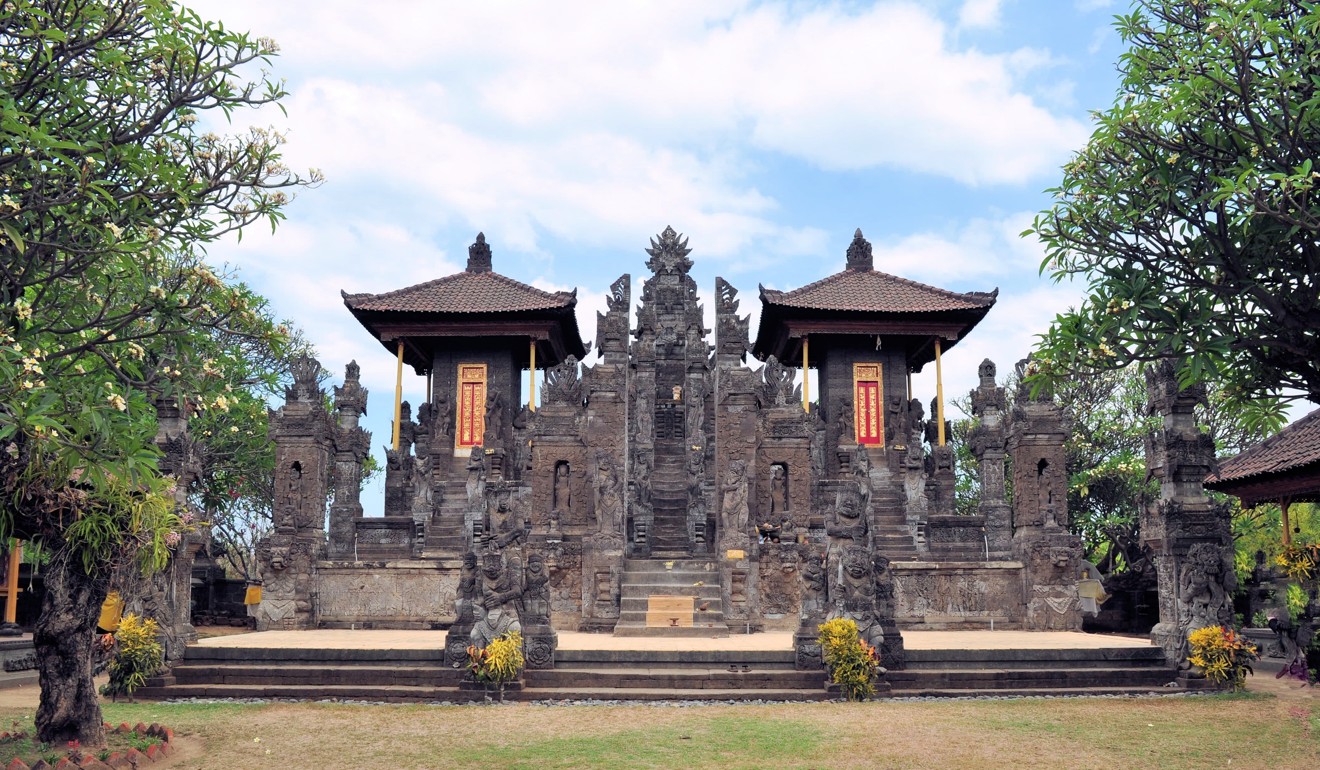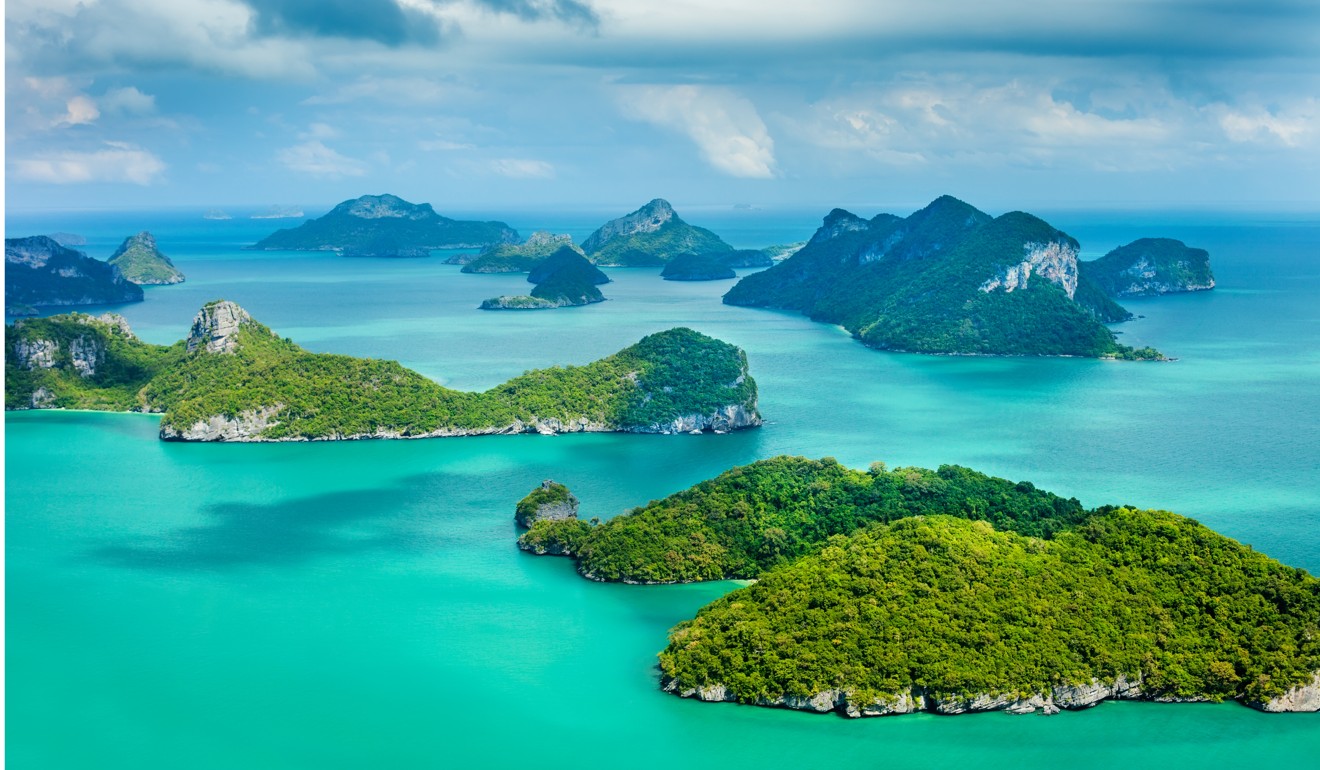Reading this notice I felt angry, humiliated and wanted to protest.
But a realisation dawned that we as tourists are loud, rude, not culturally sensitive. With India becoming an international power, our tourists are our best global ambassadors. Let’s work on changing our image! pic.twitter.com/7R4ZrZIXKi— Harsh Goenka (@hvgoenka) July 22, 2019
Are Indian travellers set to overtake Chinese for ‘world’s worst tourists’ title?
- As China is aware, all it takes for an entire nation’s reputation to be ruined is for one unfortunate incident to go viral
- But equating a country’s conduct with an individual’s actions is, at best, reductive and, at worst, racist

It’s happening. After some six, uncontested years occupying the top spot on the “world’s worst tourists” list, Chinese travellers are being challenged.
All it takes for an entire nation’s reputation to be ruined is one viral tale to take hold in the international news stream. For China, the damage was done in 2013, when 15-year-old Ding Jinhao carved his name into Egypt’s ancient Luxor Temple, achieving global infamy and immediately transforming Chinese tourists into personae non gratae at popular destinations from Paris to Phuket.
But now, a family reportedly caught stealing from their hotel in Bali, Indonesia, could do for India what Jinhao did for the Middle Kingdom. In a video posted to Twitter on July 27, hotel staff can be seen arguing with Indian guests who have just checked out as they go through the group’s luggage and discover a mirror, clothes hangers and a hairdryer, according to a report in Indian daily newspaper the Hindustan Times. Ignoring one departing guest’s pleas to allow him to pay for the pilfered goods, employees stress it is a matter of respect – or lack thereof.
While neither the family nor the hotel have been identified, the online community has made its opinions known, calling the group a “disgrace”, condemning them for bringing shame upon India and expressing concern about the negative effect this could have on the country’s character. Come to think of it, perhaps it’s best that no one knows their names.
However, there is evidence that discrimination against Indian tourists has already taken root. On July 22, businessman Harsh Goenka tweeted a picture of a notice addressed exclusively to “guests from India” by the manager of the Hotel Arc-en-ciel, in Gstaad, Switzerland, where room rates start at US$250. It listed a number of rules, requesting that patrons of the luxury pile speak quietly in the corridor and on balconies, and highlighting the fact that comestibles at the morning buffet are “for breakfast only”. “Other guests also want an appetizing buffet,” it continued. “Only use the cutlery provided.”
Goenka, who said he felt “angry, humiliated and wanted to protest” after reading the note, admitted that it also made him think. “With India becoming an international power, our tourists are our best global ambassadors,” he wrote on Twitter. “Let’s work on changing our image!”
While some agreed, others were quick to point out that not all, and not only, Indians were guilty of breaking with etiquette when travelling, and that to issue a directive targeting tourists from a particular place is nothing short of racism. According to a July 25 article in the Mumbai Mirror newspaper, Arc-en-ciel’s management quickly saw the error of their ways – or realised how much it could cost them if they were to fall foul of one of the world’s fastest growing outbound tourist markets – and retracted the note. “We removed this information sheet immediately as soon as we realized that is was missunderstood (sic) by the guests as racism,” the hotel told the Mumbai Mirror, which printed the “apology”, spelling mistakes and all.
The United Nations World Tourism Organisation estimates that India will account for 50 million international tourists by 2020, with hot spots in Asia particularly popular as first-time destinations, according to a recent report on the Indian outbound tourism market published by Orbit Research. This is about where China was in 2009, when almost 48 million of its citizens embarked on overseas explorations, before Jinhao had disgraced his compatriots and, notably, before social media had really taken hold.
In today’s media landscape, fame can find those who least covet it more efficiently than ever before, as is often the case for misbehaving tourists. But just because one individual (or family) is caught contravening social norms, their impropriety should not be equated with the character or comportment of an entire country.
Tourism operators who wish to welcome guests from India (or anywhere, really) would do well to remember that an open mind goes a lot further than intolerance and kindness breeds respect. And that most travellers, regardless of nationality, have, at one time or another, helped themselves to a bar of hotel soap or an apple “for later” from the breakfast buffet.
Bali’s new airport will sort the budget travellers from the full-fare tourists

In an interview with Australian news service 9News on July 28, Indonesia’s transport minister, Budi Karya Sumadi, spoke about plans to develop tourism in northern Bali, with the construction of a second airport on the popular island. Work is expected to start on the airport, which will be located in the hitherto quiet, temple-filled province of Kubutambahan, next year.
According to Sumadi, Bali’s existing airport will undergo upgrades and be made exclusive to full-service airlines. “All the low-cost carriers in the north and the normal in the south,” he told the network.
Road improvements are under way to shave 60 minutes off the 2½-hour travel time from Bali’s north coast to Denpasar, in the south, but those who take advantage of wallet-friendly fares are likely to be none too happy about flying into somewhere that is almost 100km from the action.
To Destinations Known, though, until airport No 2 gets off the ground, which could be as early as 2022, north Bali sounds like a lovely place for a holiday.
Thailand marine park touted as ‘new’ Maya Bay

Ang Thong National Marine Park, to the west of Koh Samui and Koh Pha Ngan, is being touted as the “new” Maya Bay by online news site The Thaiger, on account of its outstanding natural beauty. Made up of 42 islands, the park has all the karst formations, platinum beaches and hidden coves of Maya Bay, but because it has not been featured in a Hollywood film, it does not have the hordes of tourists of its counterpart. For now, at least.
Ironically, the park is said to have provided the inspiration for the mythical stretch of sand in Alex Garland’s 1996 novel, The Beach, the movie adaptation of which was filmed at Maya Bay, ultimately causing its indefinite closure.